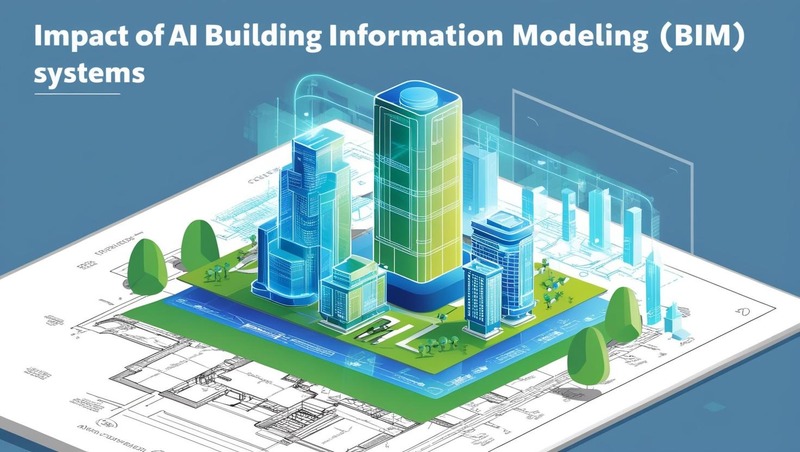The integration of Artificial Intelligence (AI) with Building Information Modeling (BIM) is rapidly transforming the architecture, engineering, and construction (AEC) industry. As the BIM market continues to evolve, AI is emerging as a key enabler of growth and innovation—streamlining workflows, enhancing precision, and enabling smarter decision-making across the project lifecycle.
Accelerating Market Growth Through Automation
One of the major growth drivers in the BIM market is AI-powered automation. AI is automating time-consuming tasks such as cost estimation, clash detection, quantity take-offs, and scheduling. By reducing manual effort and improving accuracy, organizations can complete projects faster and at lower costs. This efficiency is fueling greater BIM adoption among small, medium, and large enterprises alike, driving significant market expansion.

Download PDF Brochure @ https://www.marketsandmarkets.com/pdfdownloadNew.asp?id=95037387
Fostering Innovation Through Predictive Capabilities
AI’s predictive analytics capabilities are enabling BIM systems to move from reactive to proactive project management. Machine learning models can forecast potential delays, identify design inefficiencies, and simulate construction outcomes based on historical data and real-time inputs. These insights support more strategic planning and reduce project risks—an innovation that’s reshaping how construction firms approach design and execution.
Enhancing Design Intelligence and Customization
AI is empowering designers and architects with generative design tools, which can create multiple design options based on specific constraints and goals. This level of design intelligence allows for unprecedented levels of customization, creativity, and efficiency. As a result, BIM solutions are becoming more versatile and valuable across different sectors, from residential buildings to complex infrastructure projects.
Driving Demand for Smart Buildings and Digital Twins
The surge in smart city initiatives and infrastructure modernization is creating high demand for AI-enhanced BIM platforms that support digital twin technology. Digital twins use AI to replicate and monitor building systems in real-time, offering insights into energy use, maintenance needs, and space utilization. These capabilities are instrumental in facility management and sustainability planning, making BIM solutions more attractive to government and commercial sectors.
Creating New Business Models and Services
The AI-BIM synergy is giving rise to new service models, such as BIM-as-a-Service (BIMaaS), cloud-based collaborative platforms, and AI-powered consulting services. These innovations are opening new revenue streams for BIM vendors and service providers, contributing to the overall market’s growth and diversification.